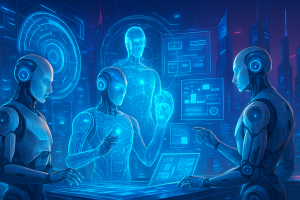A multitude of factors such as experience and skill need to be evaluated in order to hire the right talent. The effort required to retain acquired talent is often equivalent or greater than the effort required to hire. Global and remote hiring add additional challenges due to diverse factors such as local perceptions or standards regarding work culture, compensation, working hours, etc.
Companies may face several hurdles when trying to attract top-level talent in foreign countries. Businesses located in international tech hubs may need to reach out to audiences both at home and internationally. International candidates may also have different priorities from those located domestically. By following a more holistic approach to hiring, a global company can gain insights into job markets in geographically distant locations. Research, analytics, and effective recruitment strategies, supported by the right set of tech tools and hiring managers with relevant cultural knowledge, are key for a robust talent acquisition strategy.
Currently, many organizations use KPIs to measure and improve recruitment effectiveness. Using various metrics, organizations can track and manage recruitment as a streamlined business process. Though, due to the increased complexity of the metrics involved, successfully tracking KPIs for globally distributed teams can be a daunting task without the right amount of pre-planning. As such, the most important thing is to identify the KPIs that are important to the business – but what are the metrics that should be examined within the context of remote recruitment?
Download the article ‘Measuring Recruitment Effectiveness – 6 KPIs to focus on to learn about the KPIs to focus on when hiring and managing globally distributed teams.



